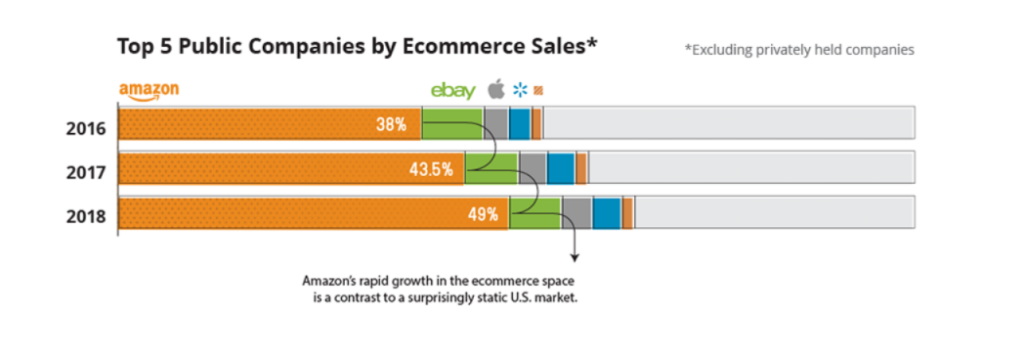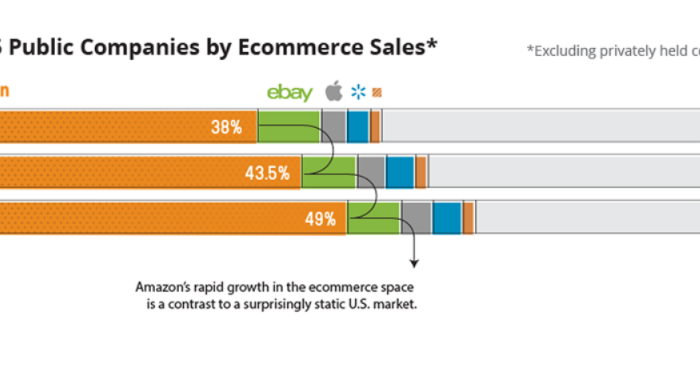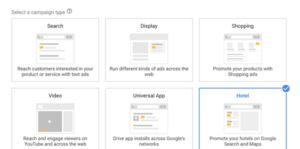Good morning. It’s Monday, August 20th. This is Spotlight #265. The VMAs are tonight so you’ll have an opportunity to hear music on MTV, the Academy of Country Music has its awards on Wednesday, and college football returns Saturday.
Today’s Spotlight takes about 3 minutes to read.
Highlights
- A memo written by an executive whose company was purchased by Facebook was leaked this week. The document revealed “a psychological trick” to build up high school user interest. We’ll unpack it below.
- Brazil, the fourth largest Internet market in the world, has passed a tough new data protection law. Enforcement begins in 18 months, shortly before California’s data protection law takes effect.
- Google said six months ago that its Verily health care subsidiary could detect heart disease by analyzing a person’s eyes. Now comes news that its DeepMind AI outperforms doctors in diagnosing more than 50 eye diseases and conditions.
“We eventually identified a psychological trick”
A good number of attorneys receive Spotlight each week. Would one of you please tell the folks at Facebook what to put in writing and what to skip?
Facebook bought tbh, an “anonymous” social media app focused on high school students, last September. The well-funded company had launched only one month earlier. Their app collected anonymous compliments by allowing users to select one of four classmates to receive an accolade.
“It’s like your high school senior superlatives writ large and in real time,” we wrote then.
Students could only vote on people in their school and had to create an account with a real name. There were many human moderators, and the app’s usage exploded among high schoolers, reaching 2 million active users in only a couple of weeks. That prompted Facebook to swoop in and buy the company before there was time to even launch an Android version. And then Facebook killed off the app within a few months.
But where they messed up was allowing tbh’s founders to write about how the company accessed users’ Instagram accounts, made people curious, and targeted users in the high school with cryptic messages set to go off on students’ phones as classes dismissed for the day.
The strategy was pure guerilla marketing. Even the memo’s authors, the company’s founders, wrote that their idea wasn’t scalable. For now, their identities remain secret, and Facebook won’t comment on the story, which was scooped by BuzzFeed News.
Our take is that the trick–a simple example of cryptic messaging that stoked interest–was creative but oversold with the “psychological trick” description. All of marketing, including sales, is psychological. But the move hurts Facebook’s reputation among people who didn’t do what you did in learning about the issue. See, psychological trick.
The BuzzFeed story, including the complete memo, is here.
And Facebook had some good news. You’ve probably seen birthday announcements on Facebook that feature your acquaintances and friends asking you to donate to a charity to celebrate their birthday.
In the program’s first year, Facebook users donated $300 million to charities that way. We’ve experimented with the process, especially since Facebook quickly waived processing fees and began forwarding 100% of donations to charities. There are even tools now to ask people to give recurring gifts.
Talk with us if you want to learn more about implementing the program.
Amazon Market Share up 29% since 2016

Amazon is poised to crack 50% share of the $252 billion spent by U.S. shoppers in e-commerce retail. And the company is now raking in 5% of all retail according to Visual Capitalist.
Amazon is also exploring an acquisition of the Landmark movie theater chain that has 50 theaters in major markets including NY, LA, and Chicago.
Check out the VC infographic about e-commerce here


